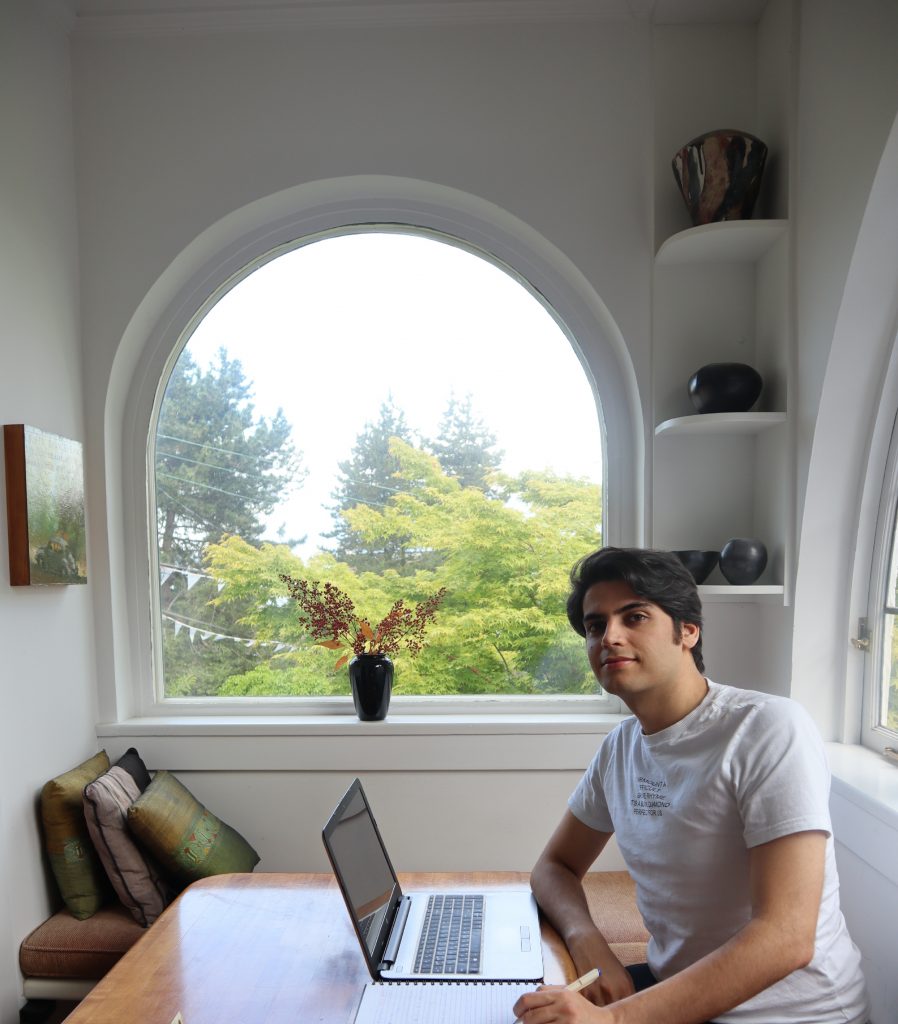Biography:
Ali is an Energy Systems Engineer with a background in hydraulic stimulation in both geothermal and hydrocarbon reservoirs. He is currently a teacher and researcher assistant, conducting his PhD studies on underground injection induced seismicity in advanced geological engineering laboratory at the University of British Columbia. He is being supervised by two well-known professors in rock mechanics engineering in North America, professor Erik Eberhardt, and professor Doug Stead.
He also holds a Bachelor of Science in Petroleum Engineering from Tehran Polytechnic (Amirkabir University of Technology, AUT) since 2015. During the last two years of his undergraduate studies, he was a research assistant at geomechanics laboratory at AUT, where he designed a laboratory experiment to measure the leak-off coefficient of sandstone. Thanks to his background knowledge on hydraulic stimulation in 2016, he was admitted to rock mechanics and rock engineering research laboratory in Seoul Notational University (SNU) in South Korea as a research assistant. His studies were fully funded by project research grant and BRAIN KOREA scholarship- a governmental scholarship for elite graduate students and researcher in Korean universities. He was selected to be the principle engineer in designing a hydraulic stimulation plan for an idle wellbore in Patuha Geothermal Field in Java, Indonesia. In this position, he was responsible to design a soft hydraulic stimulation plan which improve the production of the idle well with minimal seismic hazards using the field data and state-of-the-art numerical simulation.
